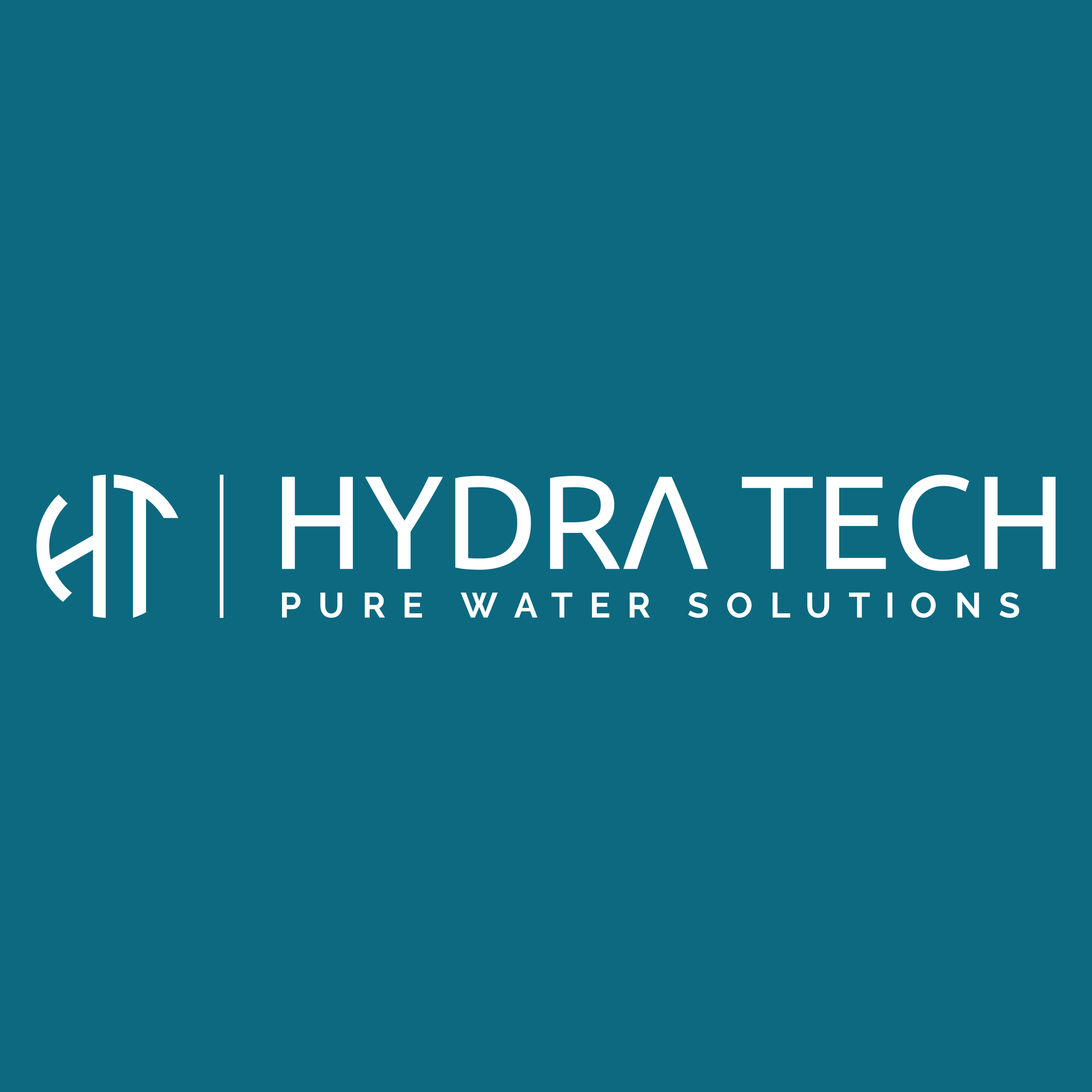Borehole Drilling
HydraTech provides Borehole drilling, Site Assessment and Survey, Borehole Design and Planning, Drilling and Installation of Boreholes (Shallow & Deep Wells), Casing and Grouting Services, Water Yield Testing
Borehole Drilling
At HydraTech, we believe in the importance of having a comfortable amount of water access to your home and the security of knowing you have access to the water at free will. In many cases, having borehole water is the most cost-effective and sustainable method of providing a long-term supply of clean water. Boreholes are particularly valuable in remote areas where infrastructure for municipal water supply is underdeveloped.
DID YOU KNOW?
What is Borehole Drilling?
Borehole drilling is a process used to access underground water sources by drilling deep into the earth’s surface. It is a vital method for sourcing clean, reliable water in regions where surface water is scarce or unreliable. Boreholes tap into aquifers, which are layers of water-bearing rock beneath the ground. The water extracted from boreholes can be used for residential, agricultural, industrial, and commercial purposes.
How the Borehole Drilling Process Works
- Site Survey & Hydrogeological Assessment:
Before drilling begins, a site survey is conducted to determine the best location for drilling based on the availability of groundwater. Hydrogeological studies may be carried out to assess the depth, quantity, and quality of the groundwater. - Drilling:
Once the site is selected, drilling begins using specialised rigs designed to bore deep into the earth. The depth of the borehole can range from a few meters to several hundred meters, depending on the depth of the water table and the intended use of the water. - Casing & Well Completion:
After the hole is drilled, casing is installed to protect the borehole and prevent contaminants from entering the water supply. A well screen is placed at the bottom to allow water to flow in while keeping out debris. - Pump Installation:
A pump is installed in the borehole to extract the water. Pumps can be electric, solar-powered, or manual, depending on the location and water needs. - Water Testing & Treatment:
Once water is extracted, it is tested to ensure it meets the necessary quality standards. If required, filtration or treatment systems are installed to make the water suitable for consumption or irrigation.

